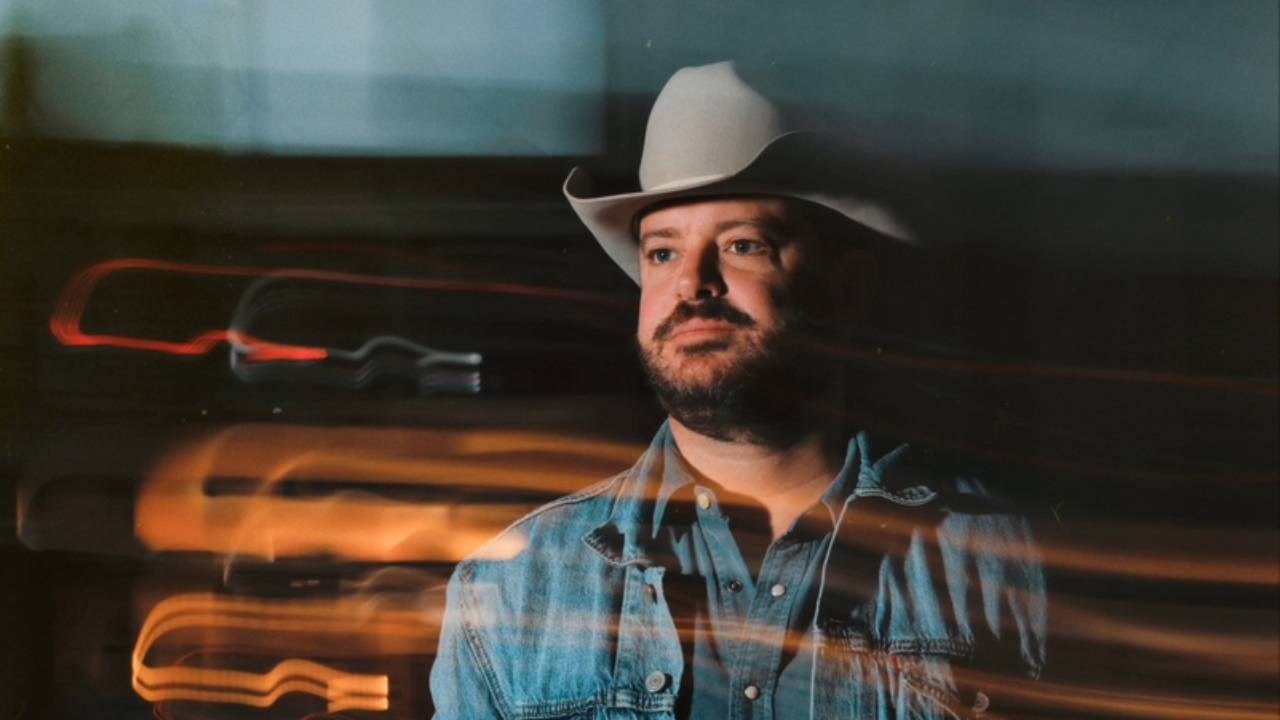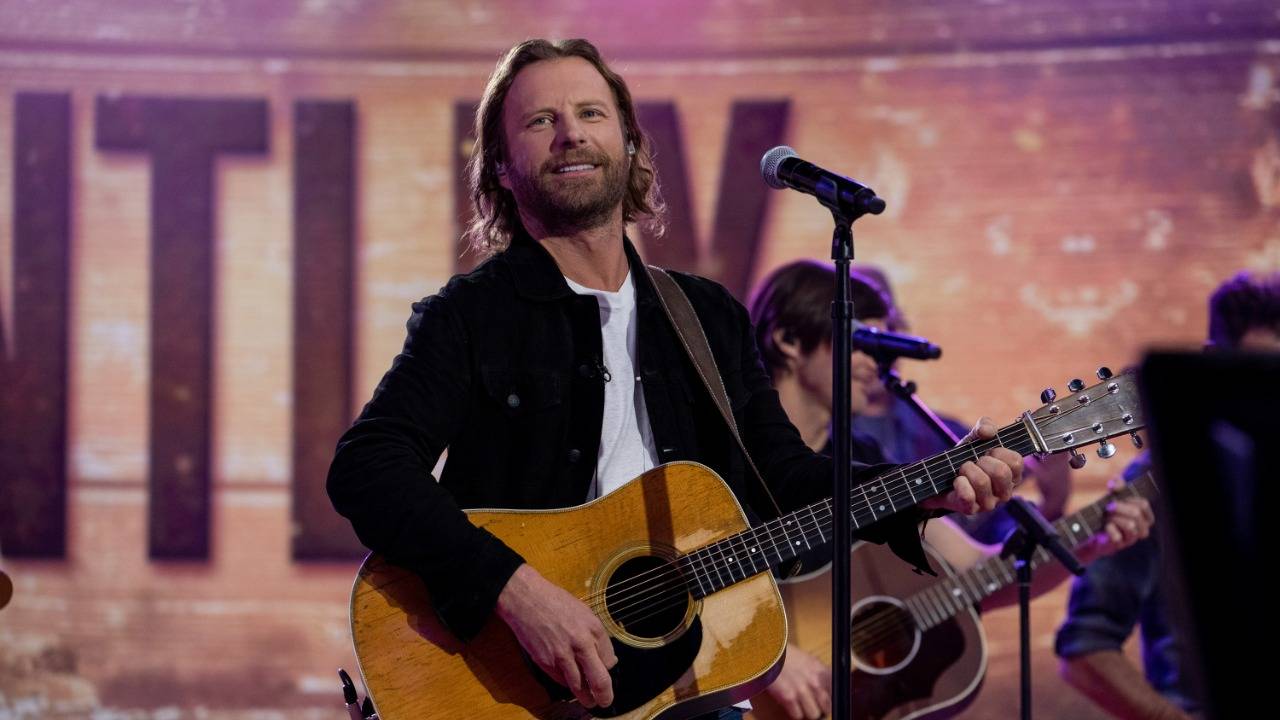Ray Price: 10 Prime Hits

When Ray Price died Monday (Dec. 16), the world lost one of the greatest singers in the history of country music -- or any other genre, for that matter. Aside from his smooth, effortless vocal style, his greatest talent was recognizing a great song when he heard it.
The world eventually came to understand the magic created by songwriters such as Harlan Howard, Hank Cochran, Bill Anderson, Roger Miller, Mel Tillis, Willie Nelson and Kris Kristofferson. Price identified it immediately, recording "Heartaches by the Number," "Night Life," "For the Good Times" and other songs that became country music standards.
Price recorded for several labels during his lengthy career, but his work for Columbia Records serves as the cornerstone of his discography. For those wanting a solid introduction, Sony Music's Legacy Recordings imprint offers The Essential Ray Price, a two-CD set containing 40 tracks. Legacy's 16 Biggest Hits package features a basic overview of his key Columbia tracks. Completists -- or fans with plenty of disposable income -- might consider The Honky Tonk Years 1950-1966, a 10-CD set released by the Bear Family Records, a German label.
In assessing Price's vast catalog of recordings, a list of 10 definitive hits only scratches the surface, but here's a quick recap of some of his most memorable recordings:
"Release Me" (1954)
Price first appeared on the country chart in 1952 with "Talk to Your Heart" and scored two additional Top 10 singles before recording "Release Me," a song written by Eddie Miller and William Stevenson. The musical influence of Hank Williams was still firmly intact, and "Release Me" became a classic. By the '70s, it had been recorded more than 200 times, including crooner Engelbert Humperdinck's version which became an international pop hit in 1967.
"Crazy Arms" (1956)
With its shuffle beat, "Crazy Arms" spent 20 weeks at No. 1 on Billboard's country songs chart and essentially defined Price's early sound. The song was written by Ralph Mooney, a steel guitarist who later spent many years playing in Merle Haggard's band, and Chuck Seals.
"My Shoes Keep Walking Back to You" (1957)
Texas swing legend Bob Wills had a profound influence on Price and his Cherokee Cowboys band, so it's somehow appropriate that Price's second No. 1 single was written by Wills and Lee Ross. It remained at the top of the country chart for four weeks.
"City Lights" (1958)
In addition to being Price's third single to top the chart -- a position it retained for 13 weeks -- "City Lights" also launched the career of songwriter Anderson, another future member of the Country Music Hall of Fame.
"Invitation to the Blues" (1958)
Long before Roger Miller became a superstar in the '60s with hits such as "Dang Me" and "King of the Road," he was a member of Price's band. Originally recorded by Rex Allen, Miller convinced his boss to record it, too. Price's version was on the flip side of "City Lights" and peaked at No. 3.
"Heartaches by the Number" (1959)
Oddly enough, one of Price's signature songs didn't top the country chart, but it made it to No. 2 and helped establish Howard's songwriting career. Price didn't reap the rewards of a crossover hit, unfortunately. Guy Mitchell's cover version spent two weeks at No. 1 on the pop chart later in 1959.
"Heart Over Mind" (1961)
Although Tillis was already enjoying success as a songwriter, Price's recording of "Heart Over Mind" came two years before Bobby Bare released Tillis' classic "Detroit City." It's another shuffle song with the fiddles kicking things off through a by-then familiar riff.
"Night Life" (1963)
At this point, "Night Life" is widely identified as a staple of the original song medley Nelson performs during the opening segments of his concerts. Even late in his career, it remained one of Price's signature songs, too, even though the single only peaked at No. 28 on the country chart.
"Danny Boy" (1967)
With somber lyrics set to the tune of the Irish folk song, "Danny Boy" was a departure from the other country music on the radio in the mid-60s. Even though Price had already started moving to a more polished sound, the lush orchestration turned out to be an indication of the musical direction that led to his biggest hit, "For the Good Times."
"For the Good Times" (1970)
The recording of the Kristofferson song was a defining moment for Price. With a shimmering violin section backing him, "For the Good Times" hit No. 1 on the country chart and No. 11 on the pop chart. The success resulted in a wider audience and more opportunities for appearances on national TV shows. He continued the direction with three subsequent No. 1 country hits -- "I Won't Mention It Again" (1971), "She's Got to Be a Saint" (1972) and "You're the Best Thing That Ever Happened to Me" (1973).





